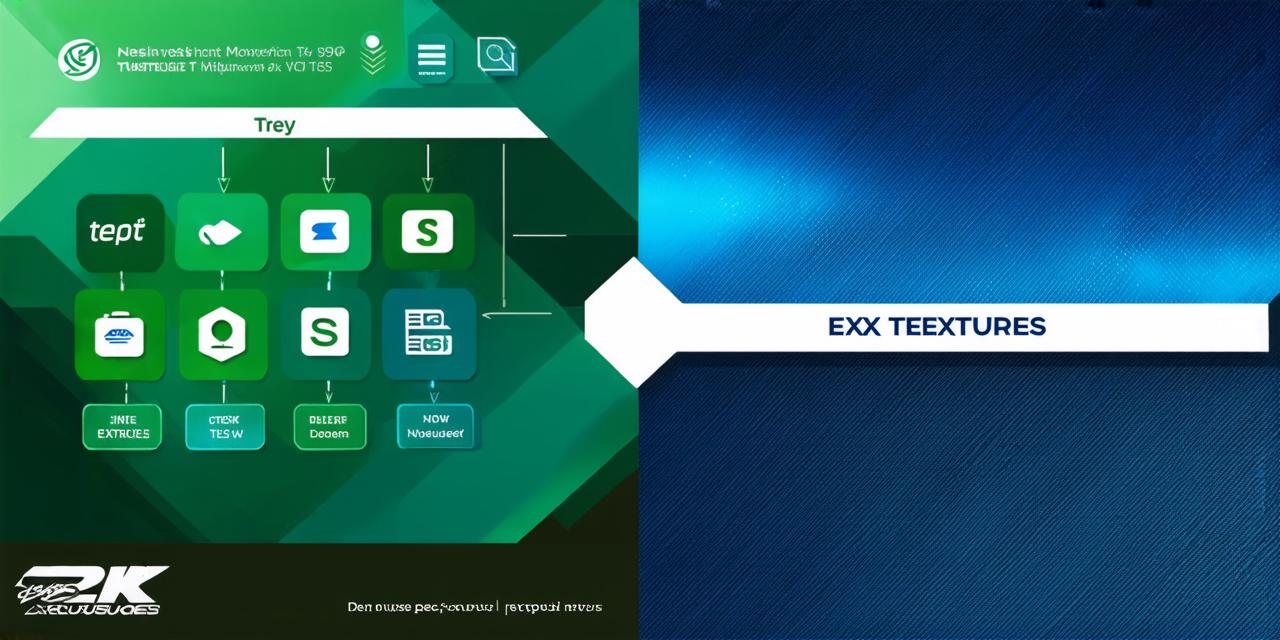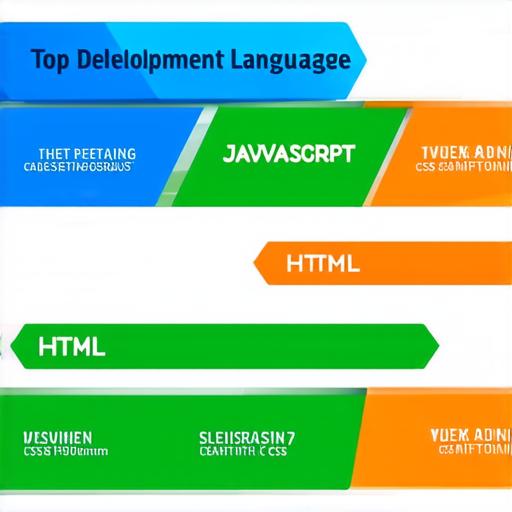
Who should consider learning web development skills?
In today’s digital age, web development skills are no longer a luxury but a necessity. Whether you’re a seasoned professional seeking career advancement or an aspiring entrepreneur with a brilliant idea, understanding the language of the web can open doors to endless opportunities.
1. The Demand is Skyrocketing
According to the U.S. Bureau of Labor Statistics, employment of web developers is projected to grow 8% from 2019 to 2029, faster than the average for all occupations. This growth is driven by the increasing popularity of mobile devices and e-commerce, as well as the constant need for website updates and maintenance.
2. The Freedom to Create
Web development offers a unique blend of creativity and problem-solving. From designing visually appealing interfaces to crafting seamless user experiences, web developers have the freedom to bring their ideas to life. This creative control is a powerful draw for many, especially those who thrive in autonomous environments.
3. The Power to Innovate
Web development is at the heart of innovation. It’s the backbone that supports the latest trends and technologies, from AI and machine learning to virtual reality and blockchain. By learning web development skills, you’re not just learning a trade—you’re equipping yourself with the tools to shape the future.
4. The Opportunity to Empower
Web development isn’t just about building websites; it’s about empowering people. Whether you’re helping a small business establish an online presence or creating a platform that connects communities, web development has the power to make a real difference.

5. The Potential for Financial Reward
Lastly, let’s not forget the financial benefits. According to Glassdoor, the average base salary for a web developer in the United States is around $73,000 per year. With the right skills and experience, this figure can easily exceed six figures.
Conclusion
Whether you’re looking to start a new career, enhance your current one, or simply satisfy your curiosity, learning web development skills is a move that could significantly impact your life. As the world continues to digitalize, the demand for skilled web developers will only continue to grow. So why wait? Start your journey today and unlock the endless possibilities that web development has to offer.
FAQs
1. Do I need a degree to become a web developer?
No, many successful web developers are self-taught. There are numerous online resources and tutorials available for free or at an affordable cost.
2. How long does it take to learn web development?
The time it takes to learn web development depends on your dedication and the resources you use. With consistent practice, you can start building functional websites within a few months.
3. What programming languages should I learn as a web developer?
HTML, CSS, JavaScript, and Python are essential for any aspiring web developer. Depending on your focus (front-end or back-end development), you may also need to learn additional languages such as Ruby, PHP, or Java.

















